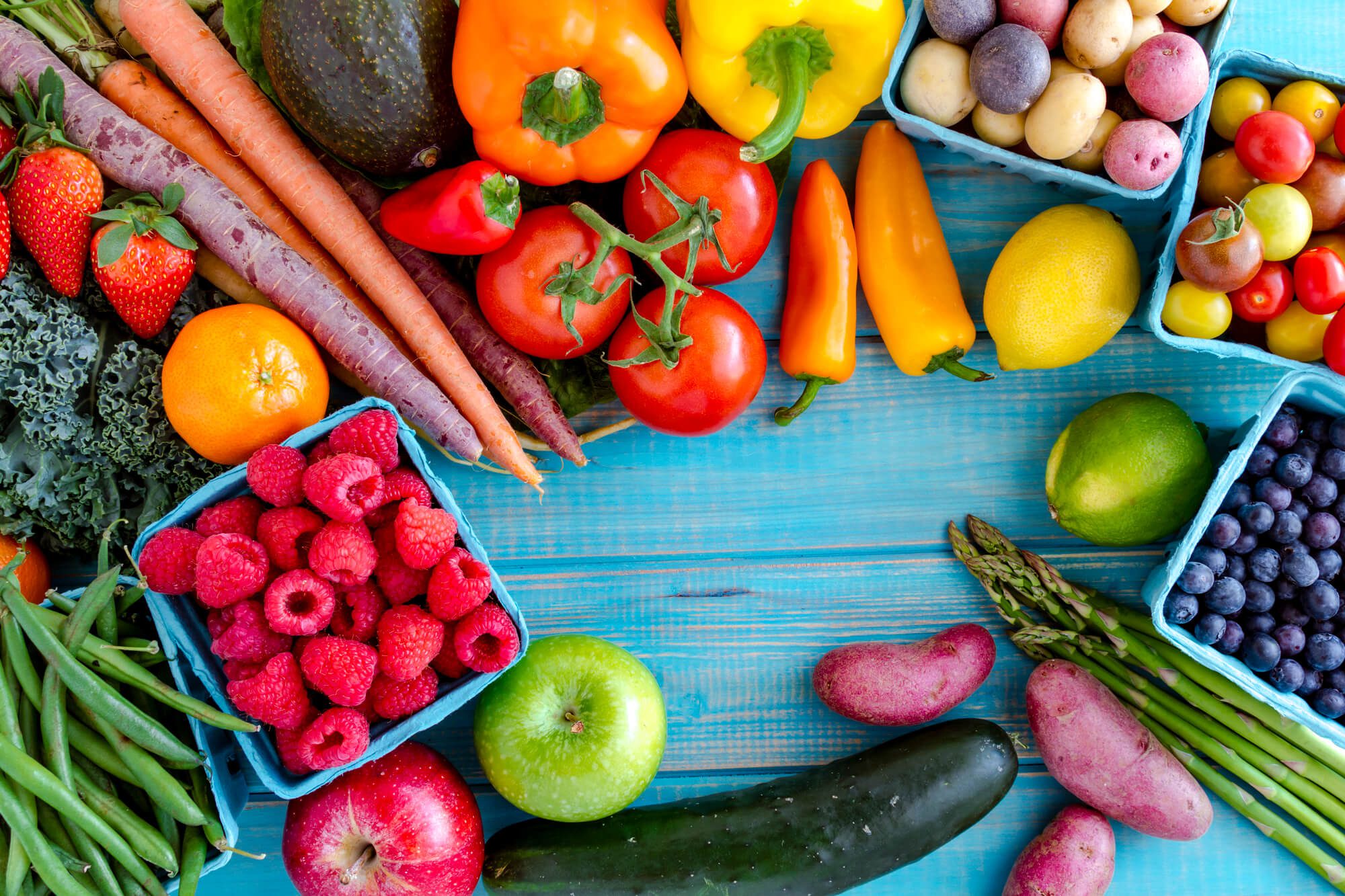Starting A Family? 5 Top Tips To Get Pregnancy Ready
So you’ve decided you want to start a family! It’s such an exciting time when this decision is made – there’s the anticipation, excitement and wonder of life itself.
Before you embark on your journey, there are a few vital things to consider. Here are my 5 top tips to prepare your body for pregnancy to ensure you have a successful outcome and that your baby is given the best start in life:
1. Reduce toxin exposure
Toxins are detrimental to achieving a successful pregnancy and can harm the foetus. Limiting your exposure to toxins can be achieved by choosing organic food, using natural biodegradable cleaning products and removing environmental toxins, perfumes, pesticides and smoking from your environment. Also limit your exposure to plastics as these have been shown to reduce ovarian reserve.
2. Exercise moderately
Being overweight or underweight can affect your fertility, so it’s important to maintain a healthy weight and exercise moderately. Extreme exercise can also reduce fertility and ovulation rates, so don’t overdo it. Moderate exercise is recommended and building up gradually over time. Interval training has the best results when it comes to weight reduction and maintenance, blood pressure reduction, fitness, muscle strength and tone.
3. Enjoy a well-balanced whole food diet
Each season we have an abundance of fresh produce so ensure you’re making the most of seasonal green leafy vegetables. Mix in some nuts and seeds, good quality protein including fish and some wholegrain. Reduce your intake of alcohol, caffeine, processed and packaged foods. Check and address any food sensitivities as these can reduce the body’s ability to absorb nutrients leading to deficiencies.

4. Address any medical conditions
If you have underlying medical conditions such as polycystic ovarian syndrome, or endometriosis you should address these as they can affect your fertility. Nutritional deficiencies can also effect fertility and can lead to pregnancy complications. Good quality, bioavailable nutrients such as N-Acetyl Cysteine, Magnesium, Omega 3, Probiotics and Folic Acid have been shown to reduce a number of fertility and pregnancy complications such as; irregular menstruation, recurrent miscarriage, problems with ovulation, premature delivery, neural tube defects, high blood pressure, pregnancy constipation, and baby allergies. For example, low prenatal Omega 3 to Omega 6 ratio is associated with more child autistic traits at age six.
5. Know your menstrual cycle
Monitoring your menstrual cycle and being aware of your ovulation time will increase your chance of achieving a pregnancy. Typically, ovulation occurs around day 14 of your menstrual cycle (counting the first day of your period as day 1). However this is only the case for women with a regular 28 day cycle. The majority of women’s cycles range from 24 to 35 days, which changes your ovulation day. If you’re not sure of your ovulation time it may be helpful to keep track on a calendar of when you get your period, and how long it lasts, to give you a better sense of when you’re most likely ovulating. If you’re unsure of your cycle and need help identifying your fertile period, I’m a qualified teacher in fertility awareness and can help you with this.
Don’t be disheartened if your pregnancy attempts are not successful in the first few months – conception often takes up to 12 months. However, if you feel that you need extra support, you can always book a consultation at our Centre with me to find out more about my services and how I support women into pregnancy and motherhood.
Contact us today to make your appointment.
Most importantly do your best to prepare your body for the beauty of new life and enjoy this special time.








